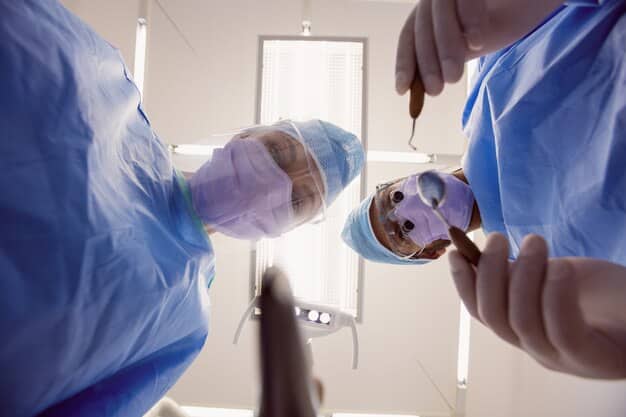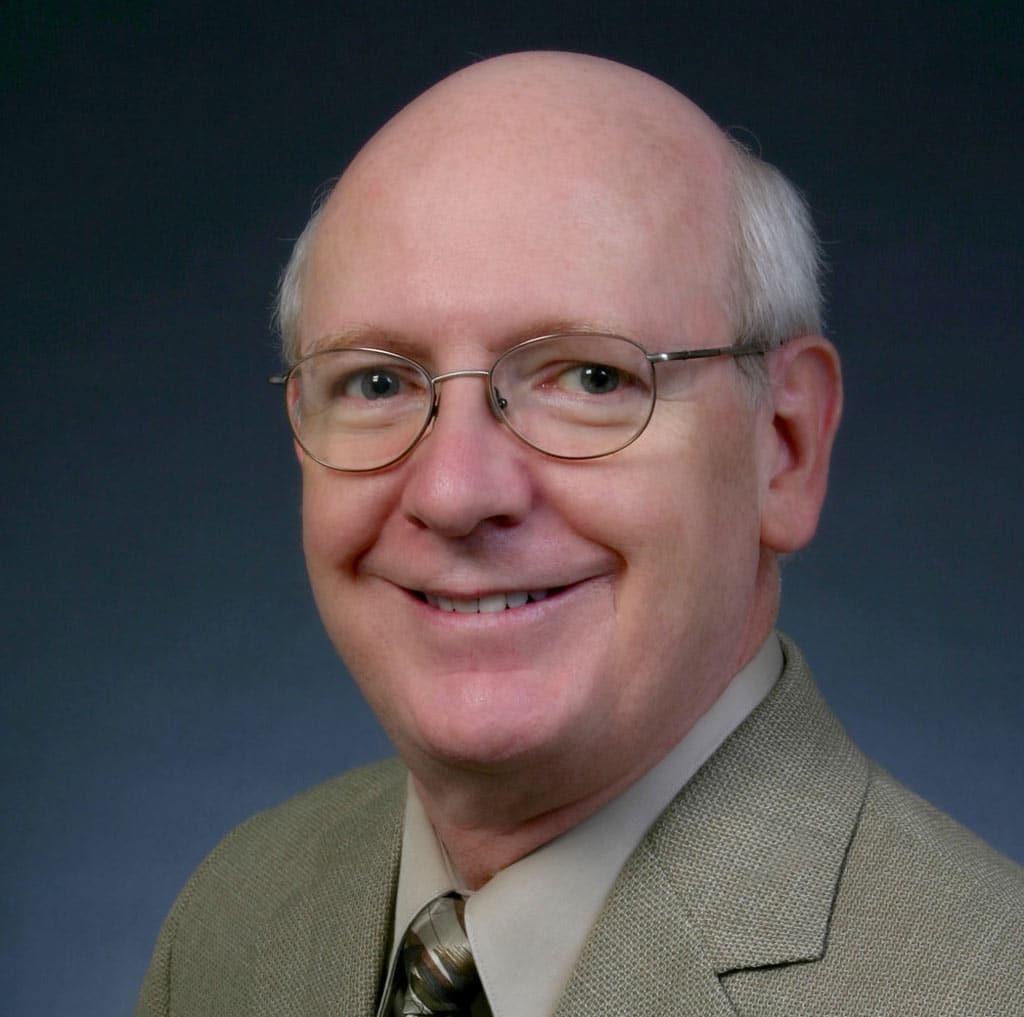Understanding Maxillofacial Surgery
If you have a condition involving the teeth, jaws, or bones and tissues of the face that causes you pain and prevents you from performing normal activities, you may need to see a specialist in oral and maxillofacial surgery, such as the team members at Dr. Larry M. Wolford DMD, to correct the abnormality, relieve the pain, and allow you to return to a normal life.
What Is Maxillofacial Surgery?
You can probably tell by the name that maxillofacial surgery has something to do with the face and front part of the head. “Maxillo” is a Latin word root that means “jawbone.” Therefore, the term “maxillofacial” refers to the jawbones and the face, and maxillofacial surgery is a field of medicine specializing in treating conditions in this area through surgical procedures.
A maxillofacial surgeon is a dental specialist with advanced medical knowledge regarding conditions affecting not only the teeth and jaws but also the bones and soft tissues of the face, as well as the training required to treat these conditions surgically and appropriately administer anesthesia. Because the mouth contains the teeth, is closely connected with the jaws, and comprises an integral part of the face, the term oral and maxillofacial surgeon is often applied to these professionals.

When Do You Need Oral Surgery?
All maxillofacial surgeons are also oral surgeons, but not all oral surgeons are maxillofacial surgeons. An oral and maxillofacial surgeon has more advanced medical training than an oral surgeon and has the knowledge and certification to perform more procedures in more areas of the face. Oral surgeons are so-called because their practices are confined almost entirely to treating conditions within the mouth. The following are treatments that an oral surgeon can perform:
Denture fittings
Dental crowns
Root canals
Impacted wisdom tooth extraction
In addition, oral surgeons can treat problems with the temporomandibular joint, which is where your lower jaw attaches to your skull, as well as oral infections with their attendant swelling and pain. Unfortunately, the term “oral surgeon” is sometimes applied, somewhat inaccurately, to oral and maxillofacial surgeons. Be sure you understand the difference between the two and ensure that a provider can perform the service you need before you go in for treatment.

When Do You Need Maxillofacial Surgery?
Maxillofacial surgery is a more advanced form of oral surgery. A maxillofacial surgeon can do everything an oral surgeon can do, and much more besides. An oral and maxillofacial surgeon holds a medical degree and has extensive training in dental medicine.
While an oral surgeon is unable to perform the most advanced oral surgical procedures, there are no limitations on the types of dental surgery that a maxillofacial surgeon can perform. This means that they can perform tooth extractions, dental implants, gum surgery, and more.
If you have an issue that extends beyond the mouth, you may require a maxillofacial procedure. For example, if you have an abnormality of the nasal cavity, a maxillofacial surgeon may be able to perform a procedure to correct it.
Maxillofacial surgeons are often called to treat patients who have sustained some sort of trauma to the face. Trauma consists of a sudden, violent blow that often causes bones to break and may lead to facial disfiguration.
Sometimes you may develop abnormal growths in the area of your head, neck, or mouth. These growths can be benign, meaning they are harmless, or malignant, meaning they are cancerous. A maxillofacial surgeon can distinguish the difference between the two and treat them accordingly.
The following are conditions that may require the expertise of an oral and maxillofacial surgeon:
-
Bite abnormality (Dysgnathia)
-
Chronic facial pain
-
Cleft lip and/or palate
-
Bone-fused dental implants
-
Difficult tooth extractions
Get the Care You Need
Contact Dr. Larry Wolford today for an appointment. Dr. Wolford can assess
your situation and recommend the proper treatment options.






